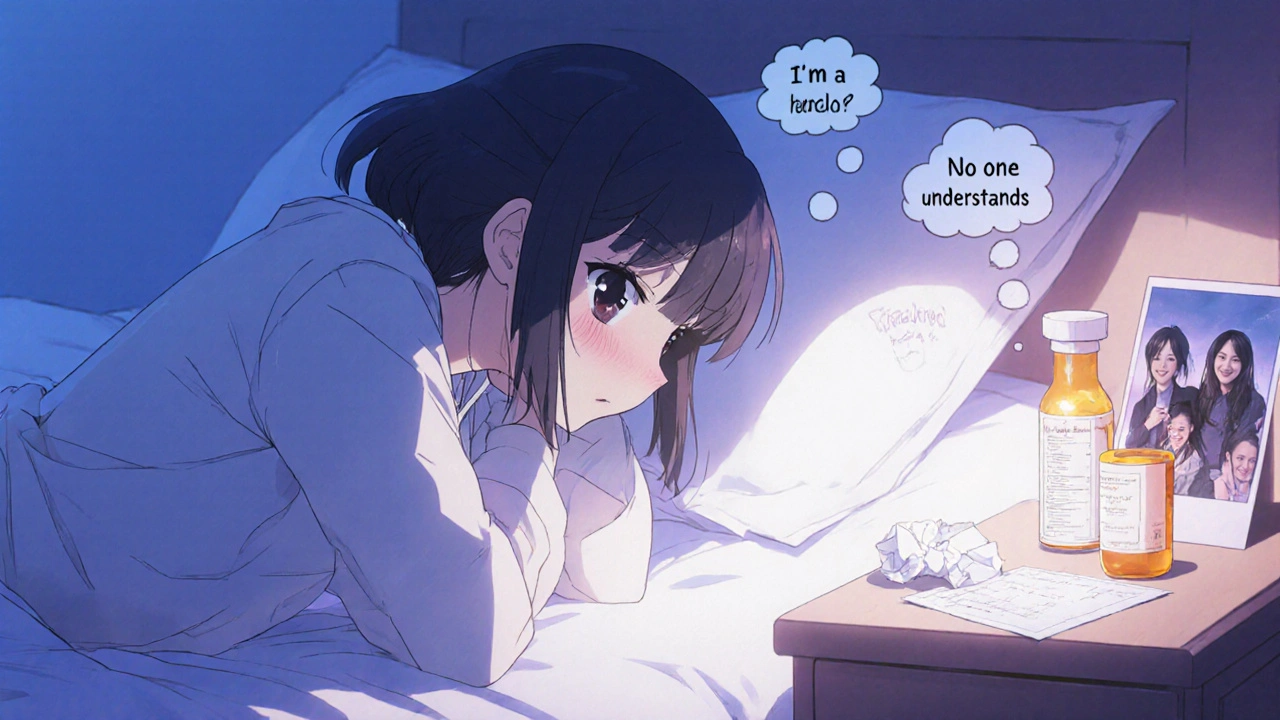Antidepressants for Adolescents: What Works, What to Watch For
When antidepressants for adolescents, medications prescribed to treat depression in teenagers. Also known as teen depression meds, they are one tool among many in managing mental health during a critical stage of development. About 1 in 5 teens will experience a major depressive episode before adulthood, and for some, medication is part of the solution. But unlike in adults, the risks and benefits don’t always line up neatly. The FDA has issued black box warnings for certain antidepressants in this age group because of increased suicidal thoughts in the first few weeks of use—something that doesn’t happen to everyone, but can’t be ignored.
Most antidepressants prescribed to teens fall into the SSRI category—drugs like fluoxetine (Prozac), sertraline (Zoloft), and escitalopram (Lexapro). These are the most studied and generally considered safest for adolescents. Fluoxetine, in particular, has the strongest evidence for effectiveness in teens, and it’s the only antidepressant the FDA has approved specifically for depression in children 8 and older. Other SSRIs are used off-label, meaning they’re not officially approved for teens but are still commonly prescribed based on clinical experience. What matters most isn’t just the drug name—it’s how it’s started, how closely the teen is monitored, and whether therapy is part of the plan. Antidepressants don’t fix loneliness, school stress, or family conflict. They help balance brain chemistry so teens can engage in therapy and rebuild their lives.
Side effects are common in the first few weeks: nausea, sleep changes, agitation, or weight shifts. Some teens feel worse before they feel better. That’s why starting low and going slow is standard practice. Parents and doctors need to check in weekly at first. It’s not enough to just hand over a prescription—follow-up appointments aren’t optional. And while some teens do well on medication alone, combining it with cognitive behavioral therapy (CBT) gives the best results. The goal isn’t just to reduce sadness—it’s to help teens reconnect with friends, get back to school, and feel like themselves again.
Not all teens need medication. Some respond to therapy, lifestyle changes, or support groups. But for those who don’t, the right antidepressant can be life-changing. The key is knowing the options, understanding the risks, and staying involved. Below, you’ll find real-world insights from doctors, parents, and teens who’ve been through it—what worked, what didn’t, and what no one tells you until you’re in the middle of it.

